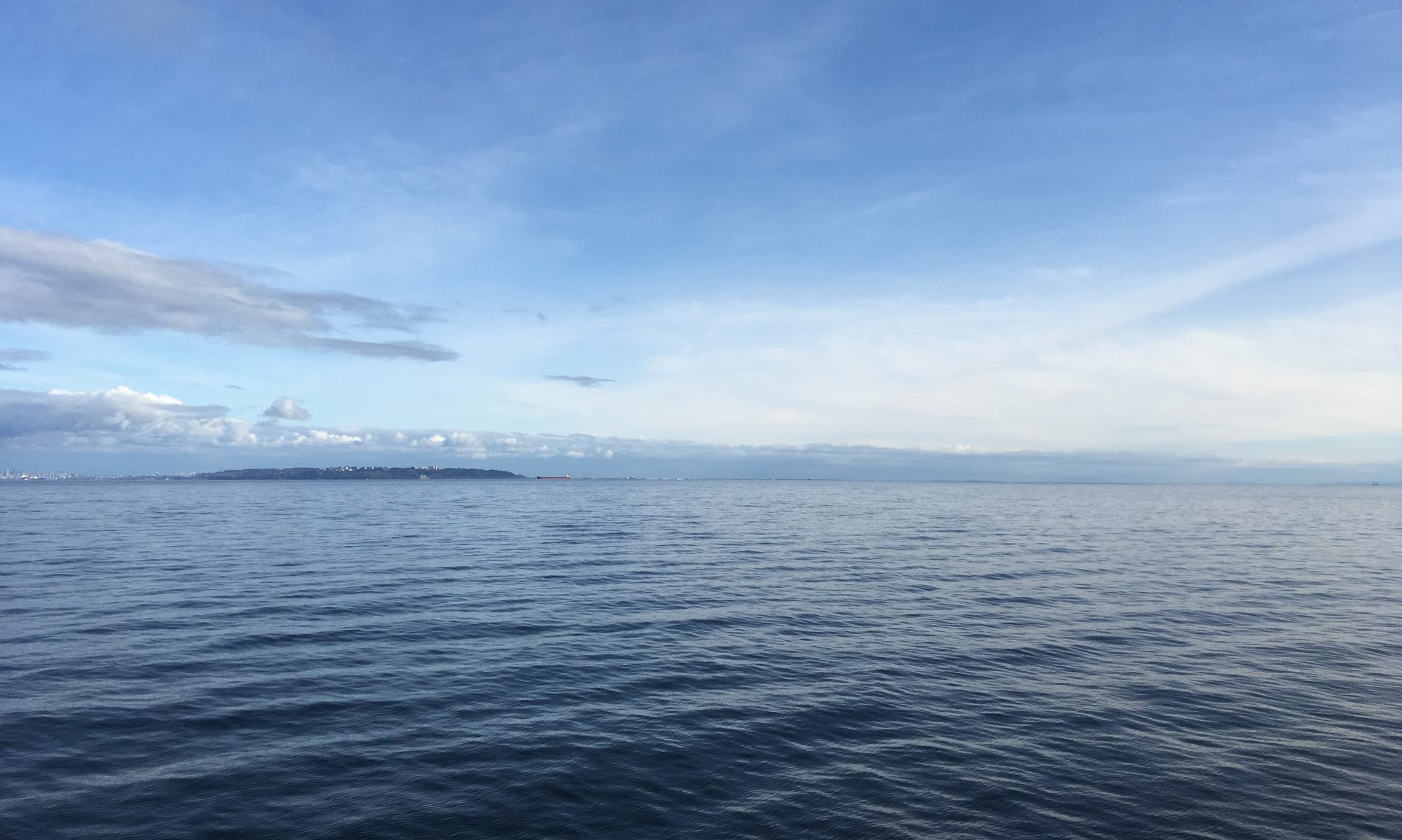WATER
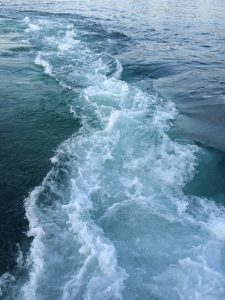
This is the third and final framing reflection based on my experiences in Liberal Studies 100 which is the introductory core course for the LSBA degree program at Capilano University. This semester, Liberal Studies 100 was composed of three modules each covering a different topic. The theme of inquiry for the third module was water and this is a reflection on my experiences working with this theme. In addition to engaging with course materials on the topic of water, I deepened my understanding of disciplinary perspective by working on a group poster assignment with three classmates. This reflection will also include thoughts on the completion of the group poster project as well.
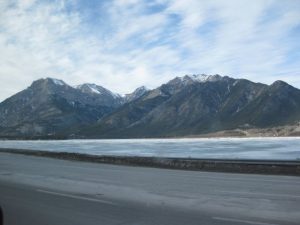
In an effort to expose our class to the wide range of issues relating to water use, our instructors shared information on diverse topics including : North Vancouver’s annual snow line and the future snow projections for this area, the involvement of professional snowboarders in public education and activism for sustainability and increased environmental consciousness, interdisciplinary research investigating barriers to safe water access in Lilongwe, Malawi from a socio-ecological, or political and ecological, perspective, and the drastic ways that predicted rising sea levels could effect life for people in coastal cities such as Vancouver.
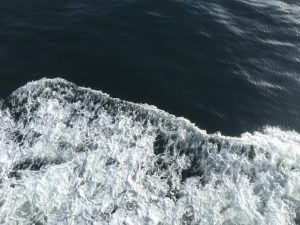
The most interesting class discussion, for me personally, was the one we had in response to the interdisciplinary, socio-ecological, study investigating issues in Lilongwe with safe drinking water distribution. A number of themes and issues surfaced during this class discussion including : casualties of city “beautification”, political and corporate corruption, colonialism and racism, and the inadequacy of culturally-insensitive water system implementation. Despite the fact that the article focussed on a city in Malawi, many connections were drawn between the problems seen in Lilongwe and the ones facing Canadians. Many students’ research into Indigenous water insecurity in Canada showed that numerous communities have been on boil water advisories for years and are suffering from serious, life-threatening gastro-intestinal illnesses as a result of drinking contaminated water. Political responsibility for both causing and repairing social inequality and injustice was stressed by numerous students. This prompted me to wonder the degree to which my classmates participated in municipal, provincial, and federal politics since there seemed to be consensus that the government holds a great deal of power and bears an enormous burden of responsibility.

The group poster assignment served to illustrate the conflicts that may arise between different disciplinary perspectives and improved my interdisciplinary integration skills. By examining four articles from different disciplinary perspectives, all covering the same topic (Fishing and its relationship to water use in Coastal British Columbia), I was able to see how tight the scope restrictions of disciplinary research papers are and thus how narrow their focus becomes. As a function of the high specificity demands of disciplinary research, academic literature can often seem disjointed and lacking cohesion. It becomes the job of readers to make meaning out of all that they read. Taking an interdisciplinary approach, which my group mates and I did for this assignment, is an effective meaning-making and problem-solving strategy which involves disseminating the epistemologies, methodologies, and findings of the different disciplinary perspectives related to a specific, but highly complex problem and merging these disciplines’ unique perspectives by reconciling conflicts between them to enlarge understanding of the problem and work towards contributing solutions to it.
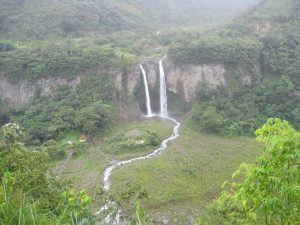
With regard to our topic, I learned about how human fishing practices in coastal British Columbia have a tremendous impact on aquaculture, ecology, and the recovery of fish species populations in this region. I also learned about how B.C.’s First Nations communities’ traditional fishing practices and cultural relationships to fish and water have been restricted and altered by colonial government policies and practices. The scientific articles, from marine biology and chemistry perspectives, suggested that more research is urgently needed to understand how environmental changes are affecting fish populations and to determine the extent of the impact that human fishing has on aquatic ecosystems. Researchers in these two disciplines benefitted from strong empirical measurement tools and interpretive frameworks and recommended the refinement of existing tools and the development of more to improve research outcomes. The anthropological and historical articles both highlighted the importance of respecting and learning from the Traditional Ecological Knowledge of B.C.’s First Nations when it comes to preserving and restoring natural water systems in this region. All four articles stressed the need for better water stewardship techniques, increased implementation and enforcement of effective conservation tools, and more efforts to understand and to educate the public about the necessity of sustainable fishing practices to preserve B.C.’s beautiful rivers and oceans.
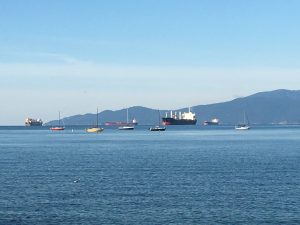
As the semester comes to a close and I reflect upon the overall experience of taking this course, I find myself somewhat overwhelmed by all the systemic problems we were introduced to. The three module themes covered (forests, food, and water) were all extremely powerful as they are vital elements of our world and excellent potential sources for interdisciplinary consideration. The problems surrounding these themes were also fruitful prompts for critical thinking as they were often highly significant and controversial. As I leave Liberal Studies 100, I feel dedicated to staving off the sense of paralysis and despair I feel at times when considering the magnitude of the problems facing our world and empowered to use the examples of political resistance and innovations in sustainability that our instructors shared with us as motivation and inspiration to continue to enlarge my understanding of global issues related to forests, food, and water and to direct my efforts towards contributing to positive change through the application of interdisciplinary techniques I’ve acquired in this course.
